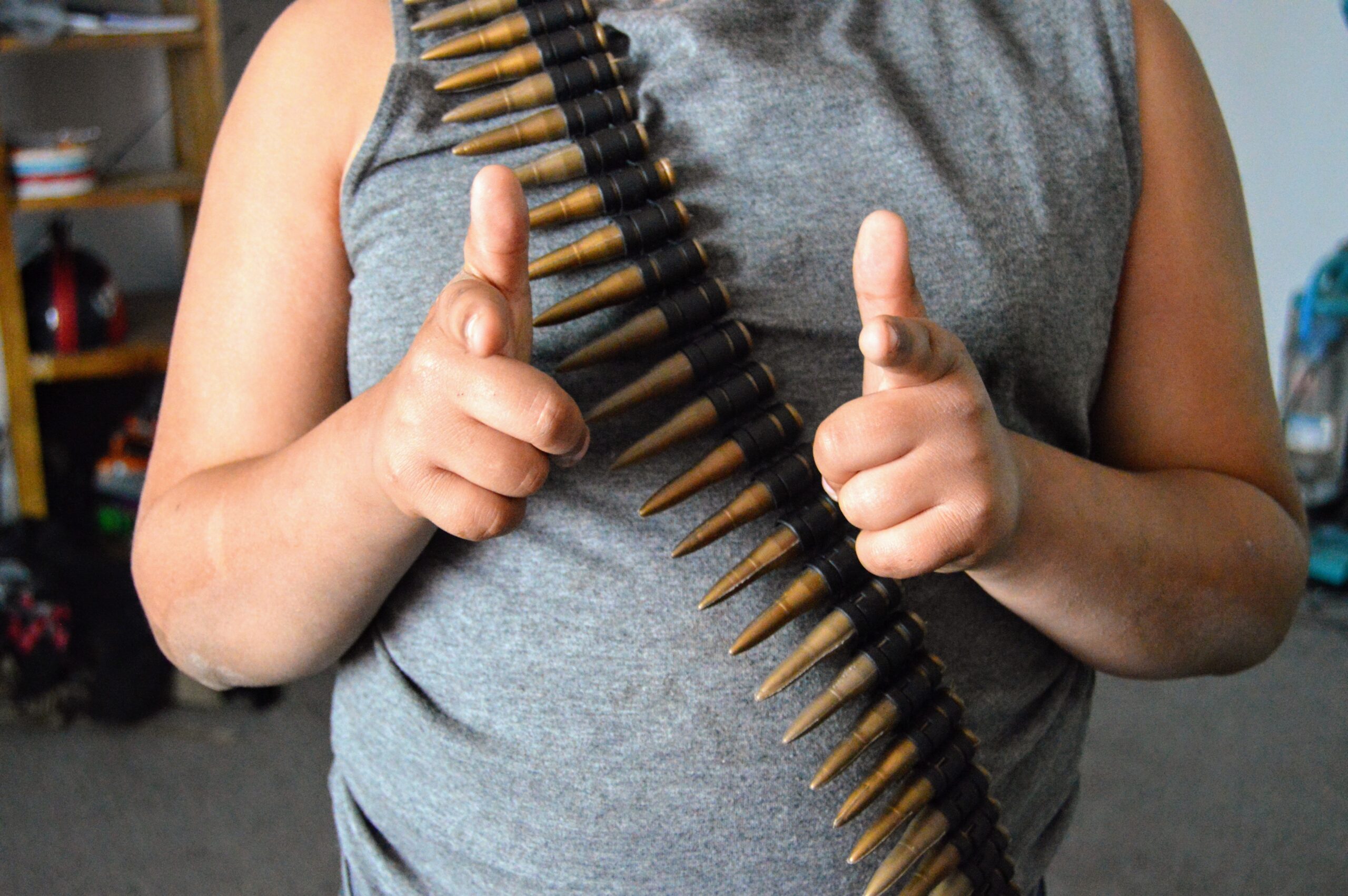
Editor’s note: This is the fourth and final story in a series on the weak spots in Maine’s care for children with mental health challenges.
One time at school, Kelly Anderson’s son didn’t like it when a classmate hit him with a ball during a kickball game. He later drew a picture of himself holding a gun, shooting the kid. Another time, a classmate put his jacket on the coat hook belonging to Anderson’s son, who got angry and drew a picture of a knife stabbing the student.
He has hit Anderson’s other children with a broom, a pot and a shoe. He has refused to go to school and stolen from classmates. He swears at his mother with intensity. Once at school he kept running out of the classroom, trying to pull the fire alarm. When staff contained him in a room, he threw chairs, spit at them and even bit a teacher, said his mother, who lives in the Somerset County town of Saint Albans.
What really worries Anderson is that when other people cry, her son laughs at them. He is 11. Anderson, who has her own physical and mental health challenges, figures he has two more years, before he hits puberty, for someone to reach him and keep him from going down a lifelong path of violent behavior and, potentially, incarceration. Her son has several diagnoses, including conduct disorder.







